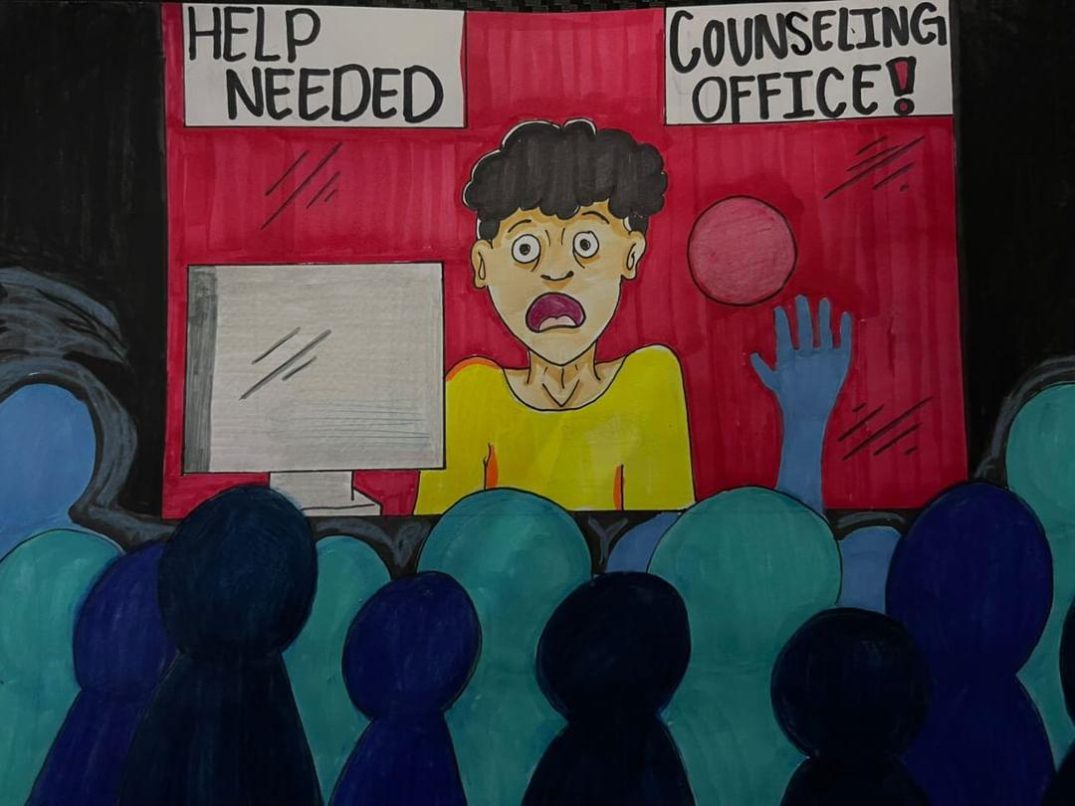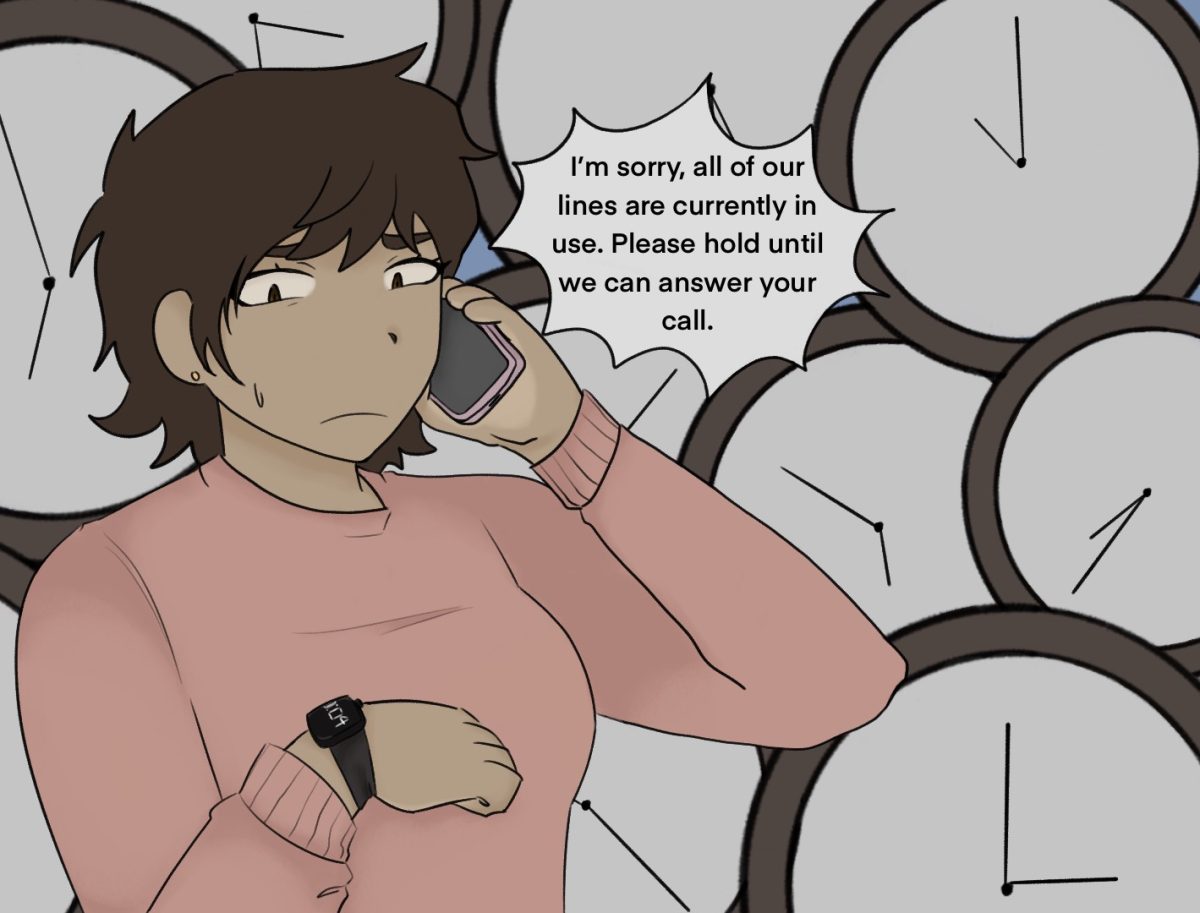If students do not take part in administrative decisions that affect them, all they have to blame are themselves for the outcome.
The cancellation of winter session has been a popular topic on campus. The proposed 2011-12 school calendar would remove winter session and replace it with an earlier spring semester beginning mid-January rather than February, as it stands now.
However, there are two open forums, Nov. 11 and Nov. 30 at 2 p.m. in the Distance Education room of the Library, which is open for students to ask questions or make statements. The third session, Dec. 2 at 2 p.m., will be at the Compton Center in the student lounge.
Replacing winter session are two, six-week summer sessions both beginning much earlier than what has been implemented in the past. The first session would begin in late May and the other in early July. The eight week summer session would run from mid-June through early August. So what does this mean for students? As mentioned before, this would greatly deter student success.
Seventy eight percent of students were more successful during winter session versus the fall, according to the college’s Institutional Research and Planning. The studies also showed more continuing students take classes during winter than they do during the fall semester. Transferring to any California university requires students to have all courses completed by the end of spring semester, without a winter session.
These tremendous benefits for student success, provided by the winter session, are under grounds of removal by the administration because of scheduling conflicts with committee meetings.
If students do not care enough to participate in these open forums, the administration will do whatever they want, knowing students will not fight back.
Before organizing walk-outs or protests against budget cuts, students should be informed of what is going on at their college and show up to these crucial forums. What better way to get your message heard than to question the intentions of these administrators face to face?
With the midterm elections over, Proposition 19 was supported by many younger voters, but did not pass. According to an article by the Los Angeles Times, the measure drew many support from voters under the age of 25. The San Francisco Bay area was the only place with a high number of younger voters, and it still was not a lot.
If students and young voters really care about issues, then they would stand up for what they believe in, vote and be involved in issues that affect them.
The goal of the college administration should be to serve the students. If this is not happening, then it is up to the students to do something about it.
Categories:
Students have a chance to fight session cut
November 4, 2010
More to Discover






